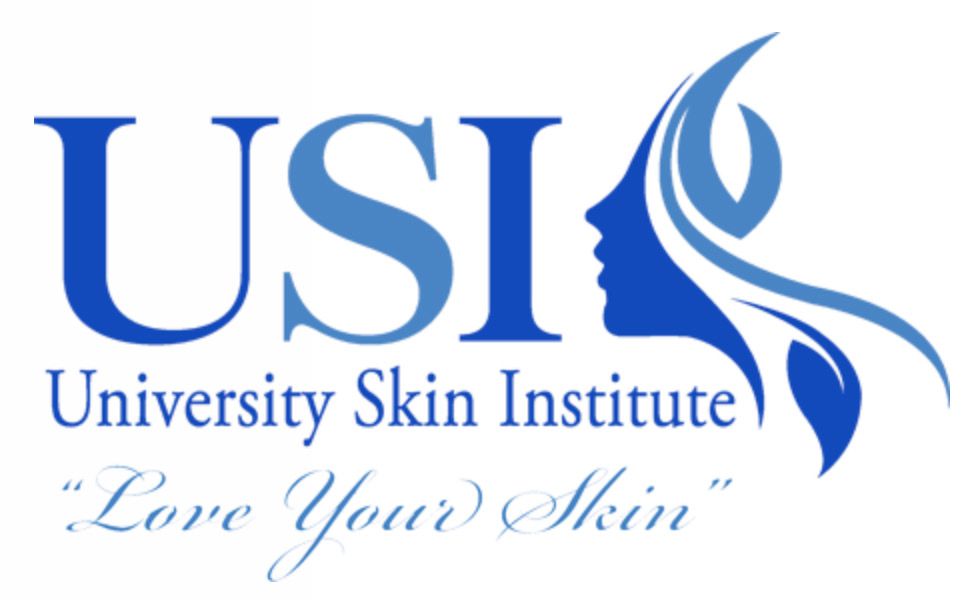The Science of Acne: Causes, Treatment Options, and Preventive Measures
Introduction
Acne, a common skin condition that affects people of all ages, can often be a source of frustration and self-consciousness. Understanding the science behind acne is crucial for effective management and prevention. In this blog, we’ll delve into the causes of acne, explore various treatment options, and discuss preventive measures to maintain clear and healthy skin.
The Causes of Acne:
Acne occurs when hair follicles become clogged with oil and dead skin cells, leading to the formation of pimples, blackheads, whiteheads, and even cysts. Several factors contribute to the development of acne:
● Excess Sebum Production: Sebaceous glands produce an oily substance called sebum that helps lubricate the skin. Overproduction of sebum can lead to clogged pores.
● Dead Skin Cells: As skin cells shed, they can mix with sebum and block hair follicles, resulting in the accumulation of debris.
● Bacteria: Propionibacterium acnes (P. acnes) is a bacteria commonly found on the skin. When hair follicles are clogged, P. acnes can multiply and contribute to inflammation.
● Hormonal Fluctuations: Hormones, particularly androgens, increase during puberty and can stimulate the sebaceous glands to produce more sebum. This is why teenagers often experience acne.
● Genetics: Family history can play a role in determining susceptibility to acne. If your parents had acne, you might be more prone to it as well.
Treatment Options:
Fortunately, there are numerous treatment options available to manage and minimize the impact of acne. The right approach may vary based on the severity of the condition and individual skin types:
● Topical Treatments: Over-the-counter creams, gels, and lotions containing ingredients like benzoyl peroxide, salicylic acid, and alpha hydroxy acids can help exfoliate the skin and unclog pores.
● Prescription Medications: Dermatologists can prescribe stronger topical treatments or oral medications such as antibiotics, oral contraceptives (for hormonal acne), and isotretinoin for severe cases.
● Professional Procedures: Procedures like chemical peels, microdermabrasion, and laser therapy can help reduce acne scars and improve overall skin texture.
● Skincare Routine: Maintaining a consistent skincare routine that includes gentle cleansing, moisturizing, and sun protection is essential for acne-prone skin.
Preventive Measures:
While treating acne is important, adopting preventive measures can greatly reduce the likelihood of breakouts:
● Cleanse Gently: Avoid harsh scrubbing or over-cleansing, as this can strip the skin of natural oils and worsen acne.
● Choose Non-Comedogenic Products: Opt for makeup and skincare products labeled as “non-comedogenic,” meaning they won’t clog pores.
● Healthy Diet: A diet rich in fruits, vegetables, whole grains, and lean proteins can help support overall skin health. Some studies suggest that certain foods, like dairy and high-glycemic-index foods, might exacerbate acne in some individuals.
● Stress Management: Stress can trigger hormonal fluctuations that contribute to acne. Incorporate stress-reduction techniques such as meditation, exercise, and adequate sleep into your routine.
● Hands Off: Avoid touching your face, as this can transfer bacteria and oils from your hands to your skin.
Conclusion:
Understanding the science behind acne empowers us to take control of our skin health. By identifying the causes, exploring treatment options, and adopting preventive measures, we can work towards achieving clear and radiant skin. Whether you’re a teenager navigating puberty or an adult dealing with hormonal changes, a personalized approach to acne management can lead to a healthier and more confident you.

0 Comments